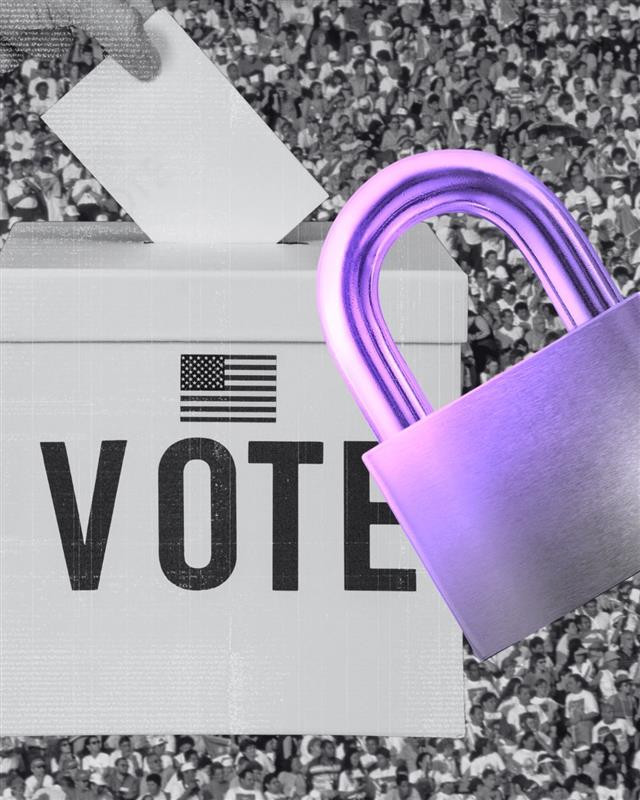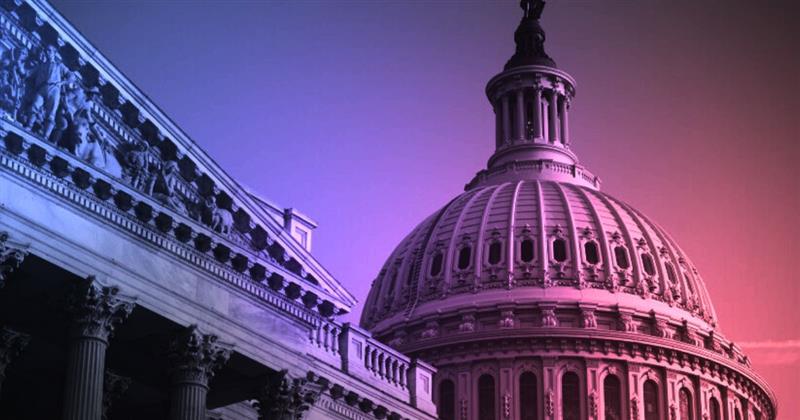Answering this week's questions from independent voters.
What happened on election night?
Well, in short, Team Red lost a lot of ground to Team Blue. Virginia's Governor will flip from Republican to Democrat with the election of former Congresswoman Abigail Spanberger, and the same holds for the Lieutenant Governor post with the election of Democrat Ghazala Hashmi. The Virginia surprise was that Democrat Jay Jones ousted the incumbent Republican. This means there will be a complete turnover of the statewide elected officers in Virginia.
Further to the north, New Jersey elected Democrat Representative Mikie Sherrill to be its next Governor. While New Jersey has been solid for the blue team, there was concern that things would play out differently. Her Republican opponent came too close for comfort last cycle, and Vice President Harris had underperformed in New Jersey during the presidential election. Meanwhile, across the Hudson, there was a record-setting turnout in New York City, and Zohran Mamdani, the self-proclaimed Democratic Socialist, was elected mayor over former Governor Andrew Cuomo, who was endorsed by Trump.
On a trip to the deep South, Georgia saw two unexpected results. The Public Service Commission had two seats up for election this year due to a series of court cases. This is a statewide elected office that Georgia politicos would tell you incumbents don't lose; they retire out of cycle, and the Governor appoints their replacement. Soon, the previously all Republican body will host two new Democrats who unseated incumbent Republicans by double-digit margins.
Finally, California's mid-term redistricting map was approved by voters out west.
While New York, New Jersey, and California are reliably Blue, Virginia is consistently Purple, and Georgia is transitioning from reliably Red to Purple. MAGA world may pay no mind to these results, but Trump himself has blamed the results on his not being on the ballot and the shutdown. The most interesting part will be analyzing where the Independents went. It seems pretty clear that Independents went for Team Blue. But as of this writing, I don't have that data yet, but I hope to have it soon.
Why does air travel really begin to get problematic during a government shutdown? Aren't the airlines in the private sector?
While airlines are in the private sector, most airports are not. Additionally, airport security has become standardized and federalized, just as air traffic controllers (ATCs) are. Most airports in the United States are run by governments.
The busiest airport in the world, Atlanta's Hartsfield-Jackson Airport, is a city department. LaGuardia, JFK, and Newark are all managed by the New York/New Jersey Port Authority. Far less common is the privately run airport, a prime example being London's Heathrow airport. These airport governance structures aren't really affected by a shutdown, though.
The real hang-up in a shutdown is the Transportation Security Administration, which assumed control of airport security nationwide with the Aviation and Transportation Security Act in 2001, and the Air Traffic Controllers. The Civil Aeronautics Act of 1938 authorized the government to assume responsibility for air traffic control. Still, Congress did not provide funding until 1941.
When the government shuts down, TSA agents and FAA ATCs are deemed essential and still must show up for work, even though their agencies don't have the money to pay them. As a society, we have decided that aviation safety is paramount. Consequently, we have reduced the likelihood of crashes and terror incidents. Part of this reduction, though, is maintaining these staff members in the aviation space. ATCs have strict rules about how long they can work, when they must take breaks, and how much sleep they must have between shifts.
As shutdowns go beyond a week or so and approach the missed-paycheck mark, these employees will feel financial stress at home. Federal employment rules often prohibit outside employment. As this financial stress mounts and a 35-day shutdown stretches into at least two paychecks, they will start calling out sick, reducing the throughput available at TSA checkpoints and at Air Traffic in the domestic airspace, which will then cause delays and cancellations.


.jpeg)


.jpg)